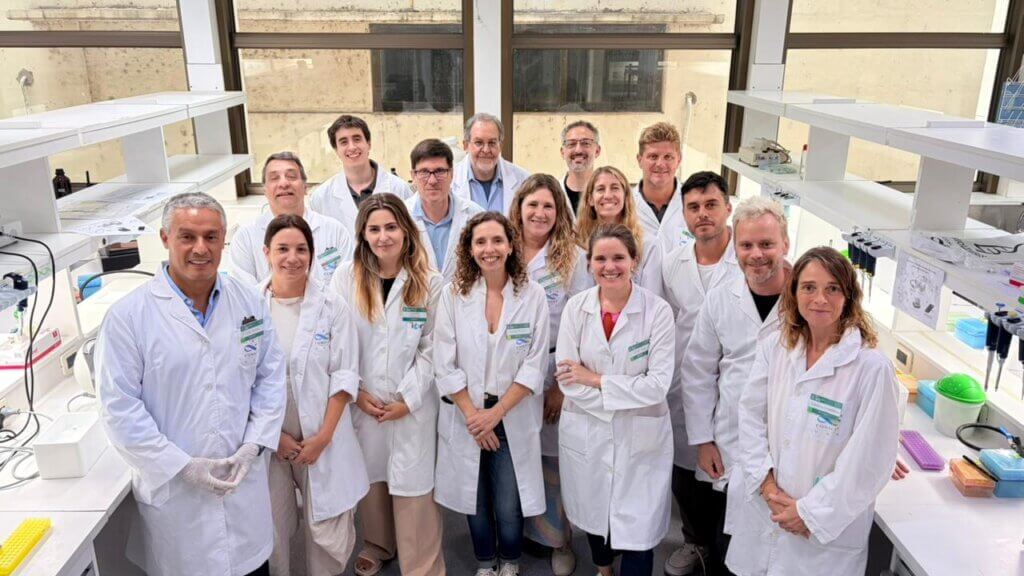Multidrug resistant (MDR) infections caused by the bacterial pathogen Acinetobacter baumannii (Ab) are increasing at alarming rates. Ab has become the Gram-negative bacterium with the highest rate of multidrug resistance. As such, it is categorized by the World Health Organization as a critical priority for the research and development of new antimicrobial therapies. Ab is largely associated with healthcare-acquired infections in immunocompromised or critically ill patients. As a group, Ab strains are currently regarded as opportunistic, “niche-unspecific” pathogens capable of causing pneumonia, septicemia, and soft tissue and urinary tract infections (UTIs), including catheter-associated UTI (CAUTI). Challenging this paradigm, we have identified an Ab strain that acts as a “niche-specific” pathogen, displaying the specific ability to colonize the urinary tract but not the lungs of a susceptible host. We show that certain “uropathogenic Ab (UPAb)” strains are equipped with specific virulence factors that facilitate their adhesion and survival in the human bladder.
NOTICIAS
Molecular insights into the uropathogenesis of Acinetobacter baumannii
- 01
MIN
NOTAS RECIENTES
Sede CCT Rosario
Ocampo y Esmeralda, Predio CONICET-Rosario
2000 Rosario, Santa Fe, Argentina
Tel. 54-341-4237070 / 4237500 / 4237200
Sede Facultad de Ciencias Bioquímicas y Farmacéuticas
Universidad Nacional de Rosario - Suipacha 531
2000 Rosario, Santa Fe, Argentina
Tel. +54 341 4350596 / 4350661 / 4351235
🔬 El IBR suma 9 proyectos seleccionados en Investigación Orientada 2025 de @ProduccionSF y @CienciaSantaFe.
Biotecnología, salud y sostenibilidad para fortalecer el vínculo entre ciencia, innovación y desarrollo territorial.
© 2026 IBR. Created for free using WordPress and
Colibri







